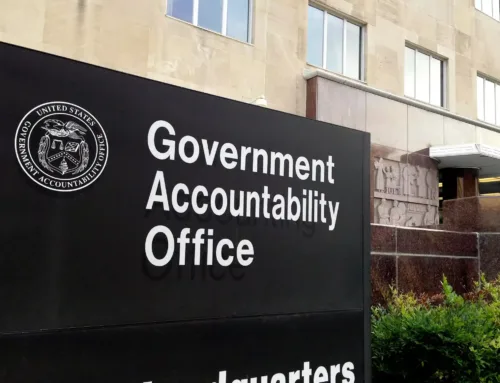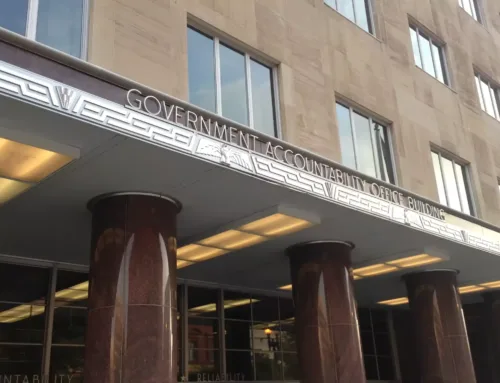Things on a earmark moratorium/reform are very fluid. We are hearing that Speaker Pelosi’s frustration with the earmark issue may end up with an announcement tomorrow that there will be no FY09 earmarks. It appears that this will be a blanket statement rather than an actual vote in the House on a rules change or some other binding provision, but we will. The devil is always in the details.
In the Senate, the DeMint earmark moratorium amendment is picking up speed (at last count 14 co-sponsors), but will have to overcome a point of order (60 vote threshold). That’s a tall order, but with all the Presidential candidates on board and strong bi-partisan support there’s no telling.
It is important to recognize that an earmark moratorium is not an end, but the means to improved earmark transparency and accountability. A moratorium will give Congress the breathing room to enact comprehensive reform that will ensure taxpayers know where their money is going and who benefits. These efforts should build on the existing transparency measures.
Lastly, I thought you might be interested in Sen. Reid’s observation on who gets these earmarks. Freudian slip perhaps??
Sen. Reid summing up his position on earmarks and the proposed amendment: “And I hope that senators of good will on both sides of the aisle will step forward and say, ‘We have an obligation to our clients — to our constituents.’” (full text below)
We’ll keep you updated on the latest happenings the budget resolution moves forward. There are several different issues at play. As always, if you have any questions, please let me know.
—
QUESTION: Senator, on the DeMint earmarks amendment, after Obama and Clinton have endorsed it, you (inaudible) within your own party of whether other Democrats are going to get behind the issue, as well.
REID: Last year we did the most sweeping ethics and lobbying reform in the history of our country. Right now, if there is a congressionally directed spending, the senator that asked for that name is listed, you have to list there’s no conflict of interest, how much money. It’s really in some detail.
If people think that there’s some way we can improve that, let them do so. But to just — a carte blanche, say “No more earmarks” is unrealistic.
REID: There are lots of presidential earmarks that we have in the president’s budget. I don’t agree with all of them, but the president has an obligation to do some of those congressionally directed spending (inaudible). And we have also an obligation.
So I think we’re — we’ve done a pretty good job of changing the whole directive as it relates to earmarking.
This problem started with the Republican-controlled town: the president and the Republicans that controlled the House and the Senate.
And I think what we did last year was a tremendous step forward. And I hope that senators of good will on both sides of the aisle will step forward and say, “We have an obligation to our clients — to our constituents.”
Let me give you an example: Wells, Nevada, is a place I’m sure none of you have heard of. It’s near the border of Utah. But during our last break, there was a devastating earthquake in Wells: 6.45 on the Richter scale. It shook things real hard and bad.
There are not many people live in Wells, Nevada. The damage was about a million dollars.
Under the rules that we have — FEMA has — unless there’s $2.5 million of damage, they just walk away from it.
Well, I think there is a perfect place to go for a congressionally directed spending, to help the little town of Wells reestablish their business community.
That’s why I still support congressionally directed money, as has been going on in this country for 230-some-odd years.
You know, the way the Constitution was drafted, the president has no ability to spend money. We’re the only ones that have the ability as the Constitution was written.
We have given a lot of power to the president so he can do that. But, remember, the founding fathers wanted us to have control of the spending.
So this is really standing what the founding fathers wanted to do on their heads. I can’t help the people of Wells, Nevada?
QUESTION: Senator, are you confident that you’re going to be able to defeat the earmark moratorium amendment?
REID: Well, I know how I’m going to vote on it. But, you know, I don’t know what others will do.










